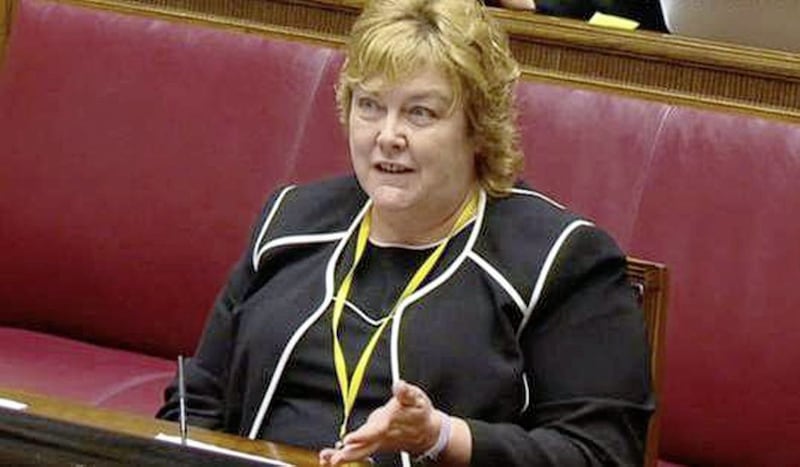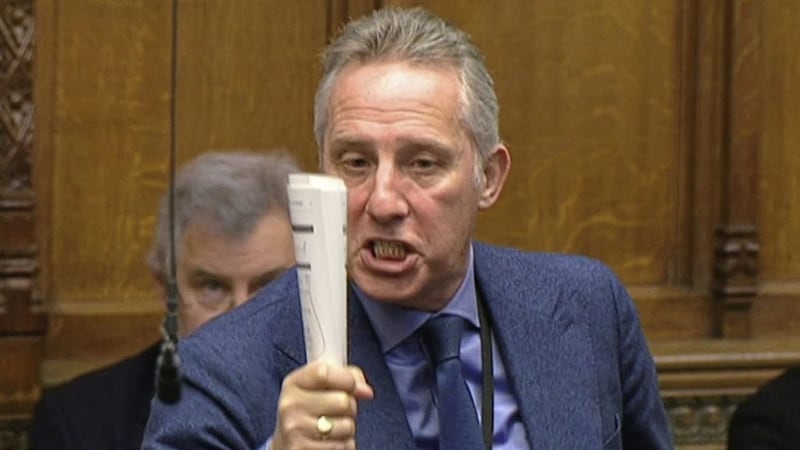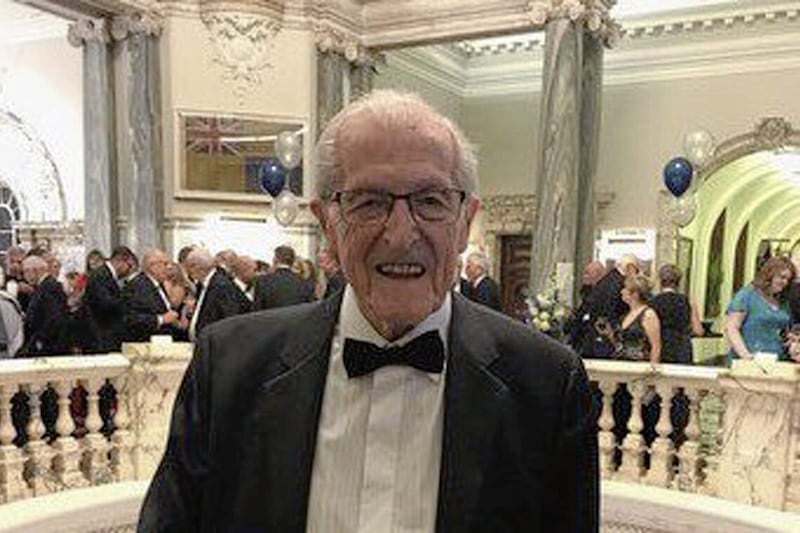DUP MP Ian Paisley participated in a "very intimidating" group conference call in which an Ofgem official was lobbied to change the tariff granted to an applicant to the Renewable Heat Incentive (RHI) scheme.
The public inquiry into the botched green energy scheme yesterday heard from Terri Clifton, who was senior operations manager at Ofgem with responsibility for the accreditation of applications.
In November 2015, she received a call to her direct line from Mark Compston from Action Renewables, an organisation which was paid to process applications.
The applicant was accepted onto the scheme but had been refused the higher tariff because they had missed the deadline, blaming the IT system in Ofgem.
The applicant had given their details to Action Renewables in the belief that the group would submit the application but this wasn't done "at the point at which the applicants thought they had", said Ms Clifton.
Junior counsel Joseph Aiken said that after checks Ms Clifton was "satisfied that the problem didn't come from the IT system" but "then got a conference call she didn't expect".
Ms Clifton said that "without prior warning" she discovered she had been put on speaker phone and that the applicant, Mr Paisley and representatives of both Action Renewables and the poultry producer Moy Park were all listening in.

Inquiry chair Sir Patrick Coghlin said that the call "could be described as intimidating".
Ms Clifton replied: "It was very intimidating. I didn't think it was designed to be intimidating, but to catch me off guard."
After the Ofgem official stuck to her position that there had been no IT problem and that she could not change the tariff, Mr Paisley sent a letter to Timothy Cairns, the special adviser to the then DETI minister Jonathan Bell.
Mr Aiken observed: "In fairness to the MP, he himself has provided the documents. He is obviously acting for his constituents....however, you appear (in the letter) to be endorsing" the applicant's position.
Ms Clifton replied: "This isn't a fair representation of me endorsing that Ofgem were wrong at all."
The inquiry was told that two years' worth of applications were received over a two-month period in autumn 2015.
In October 2015, an internal Ofgem document recorded that there were 179 applications in Britain.
While Northern Ireland should in theory only have had three per cent of that total, there were instead 504 RHI applications in the same month. In stark contrast, there were around 50 applications per month in the first half of 2015.
Asked about the long wrangling between DETI and Ofgem about the sharing of data, Ms Clifton replied that DETI were given a "list of postcodes and addresses" but that this was wanted for "marketing...not monitoring".
"Our reluctance came from the legal team, that claimants could be easily identified under data protection," she said.
Other critical Ofgem reports appear to have never been shared with DETI. These included the flagging of issues such as the use of separate smaller boilers to claim higher tariffs, and a "high proportion of non-compliance" with the rules among claimants.
Both RHI schemes were covered by the same fraud prevention strategy, which listed the "tiered tariff for biomass" as a key measure against dishonest claimants.
However, as there was no such cost control in Northern Ireland, this was "just wrong", observed Mr Aiken.








